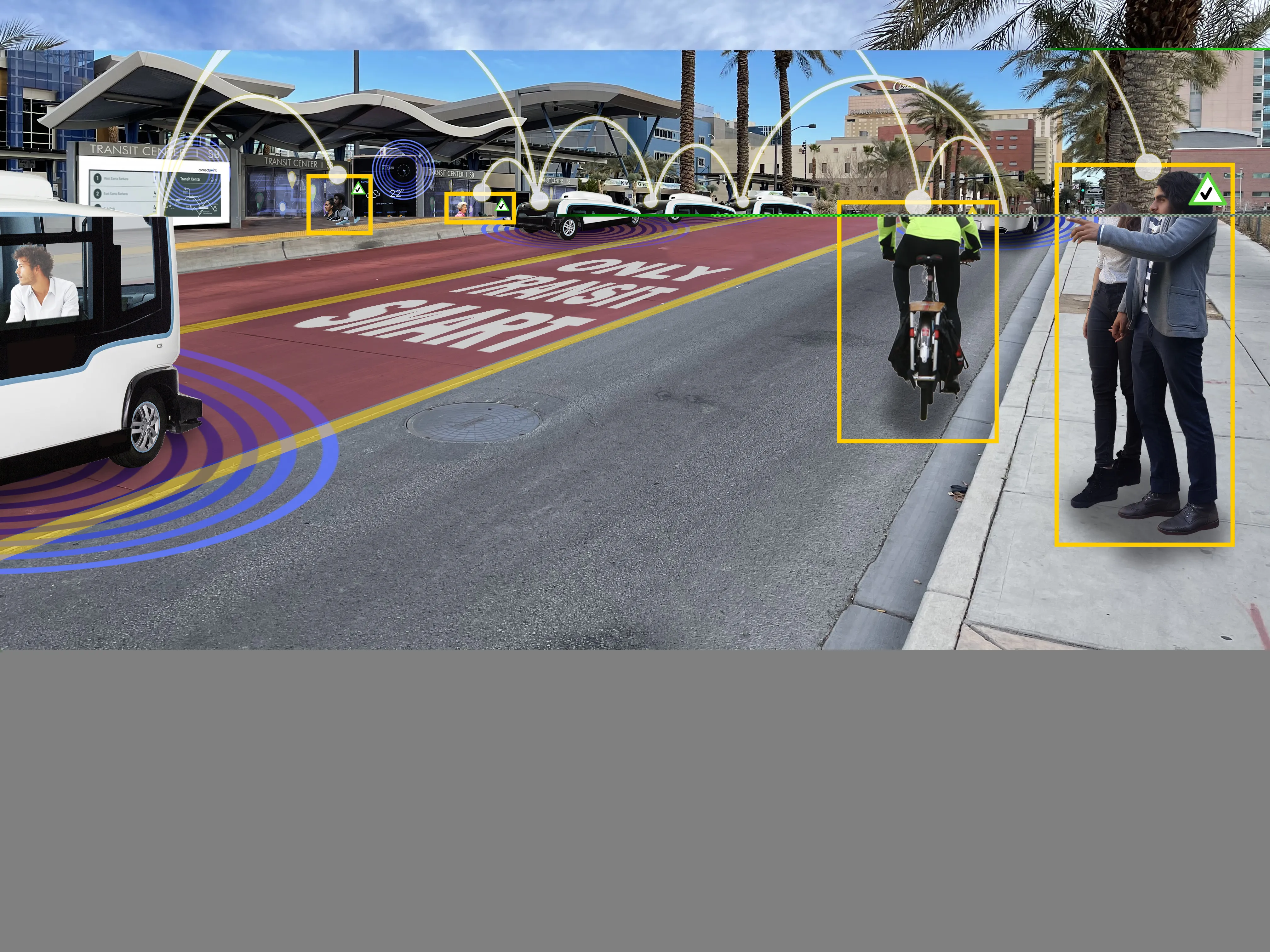The Dallas Entrepreneur Center Network (DEC) – backed by tech giants
The DEC says its Innov8te
The incubator - located in the Dallas Innovation District and Smart Cities Living Lab - is open to early-stage companies developing technologies and products such as data analytics, Internet of Things and artificial intelligence, machine learning and blockchain, plus augmented and virtual reality.
Participating start-ups will receive exclusive access to education, mentorship, networking, programming, products and services, access to capital channels and programmes and events open to the larger community.
Aside from DEC, other founding members of the incubator include AT&T, Cisco, Microsoft, the University of Texas at Dallas (UT Dallas) and the Dallas Innovation Alliance.
Mike Zeto, general manager of smart cities at AT&T, says the Innov8te Smart Cities Incubator will provide education and training to start-ups to grow smart city solutions.
Steve Guengerich, clinical associate professor at UT Dallas’ Jindal School of Management and lead for the university’s Innov8te partnership, says students and alumni are already proposing new ventures.
DEC unveils smart cities incubator in Dallas
The Dallas Entrepreneur Center Network (DEC) – backed by tech giants AT&T, Cisco and Microsoft - is launching an initiative to help regional companies and entrepreneurs develop urban technologies.
The DEC says its Innov8te Smart Cities Incubator will support technologies which seek to improve mobility, citizen engagement, inclusion, infrastructure, governance and public health as well as public safety and sustainability.
The incubator - located in the Dallas Innovation District and Smart Cities Livin
February 21, 2019
Read time: 2 mins
Related Content










